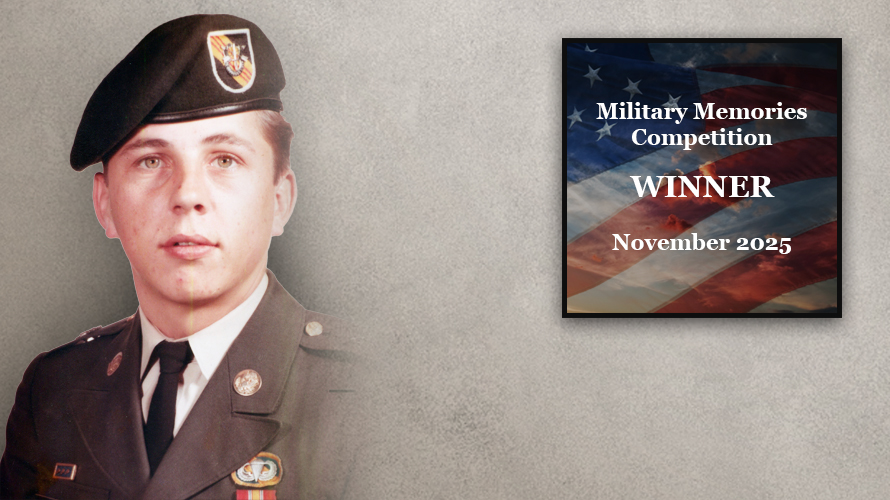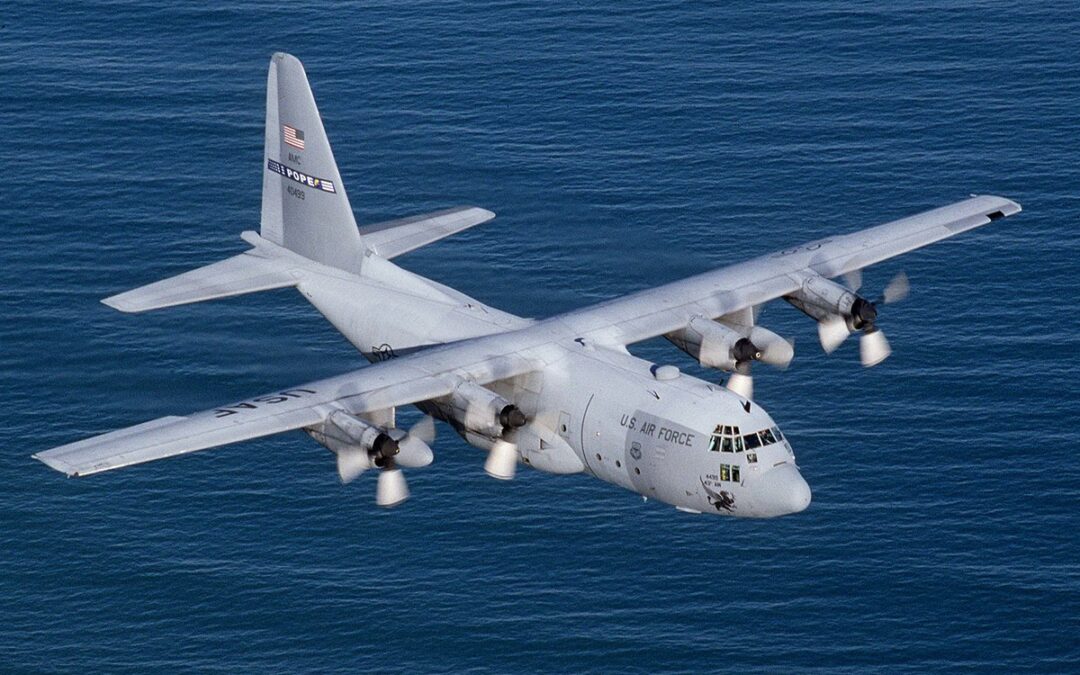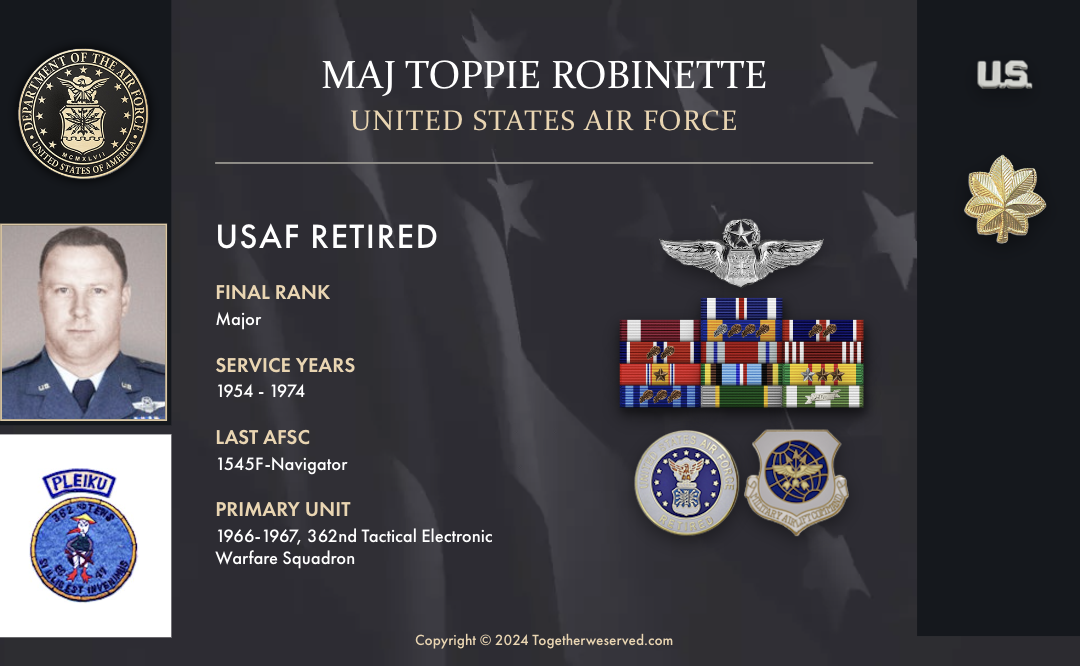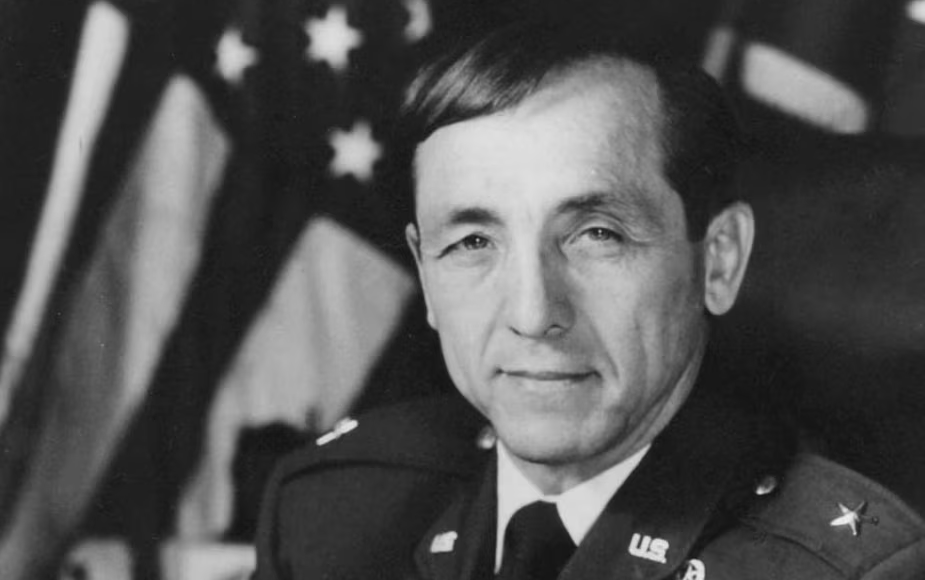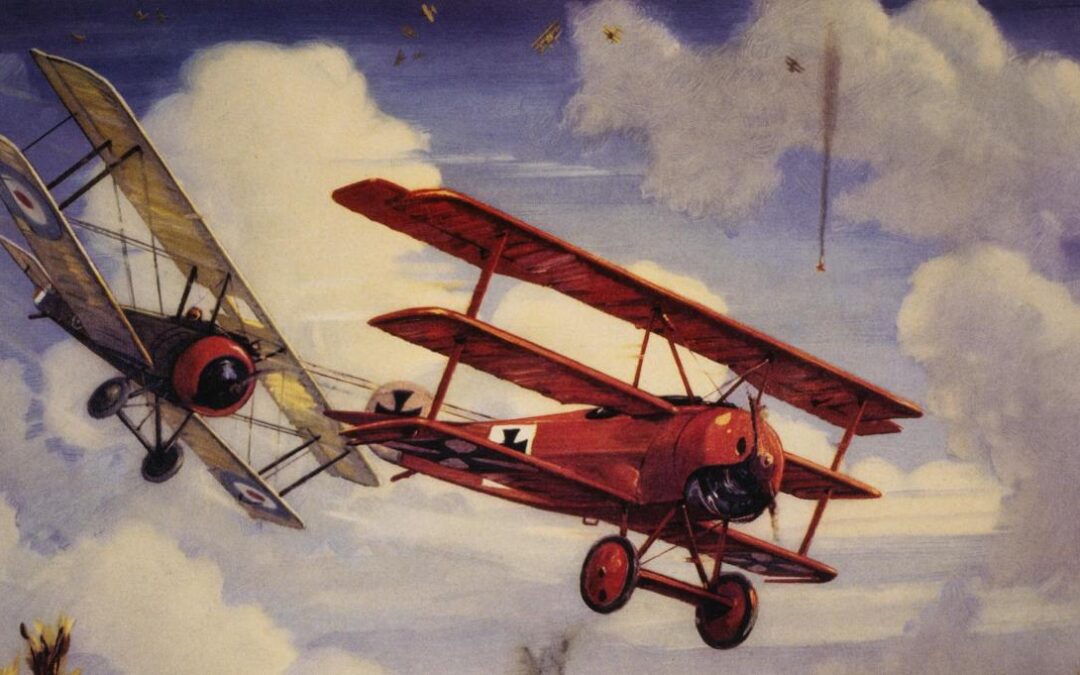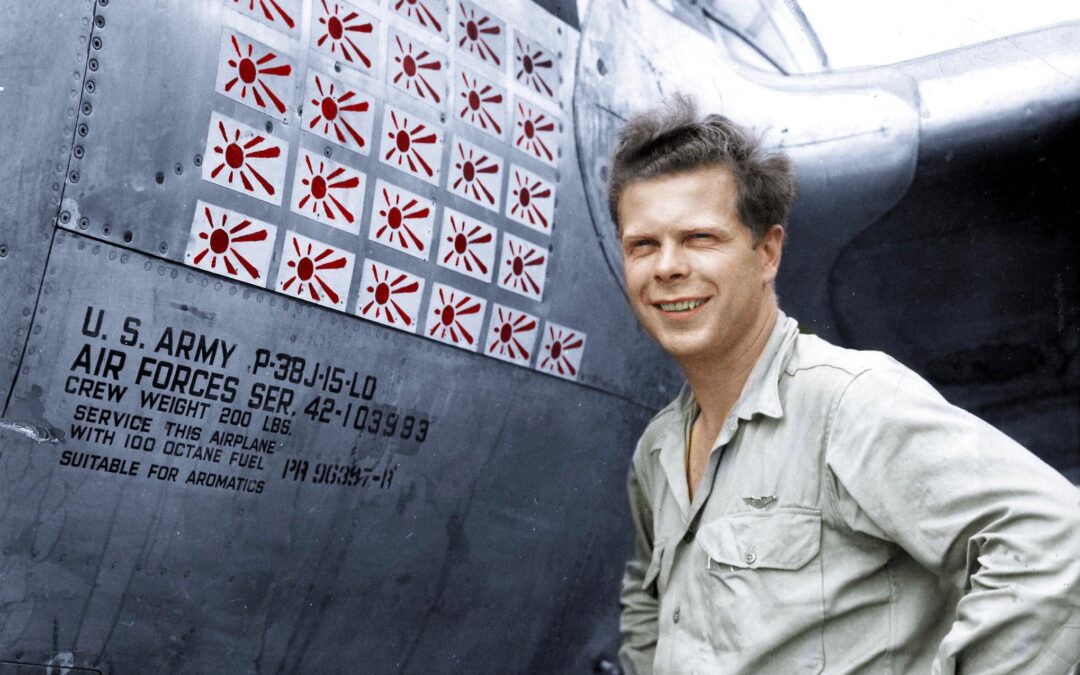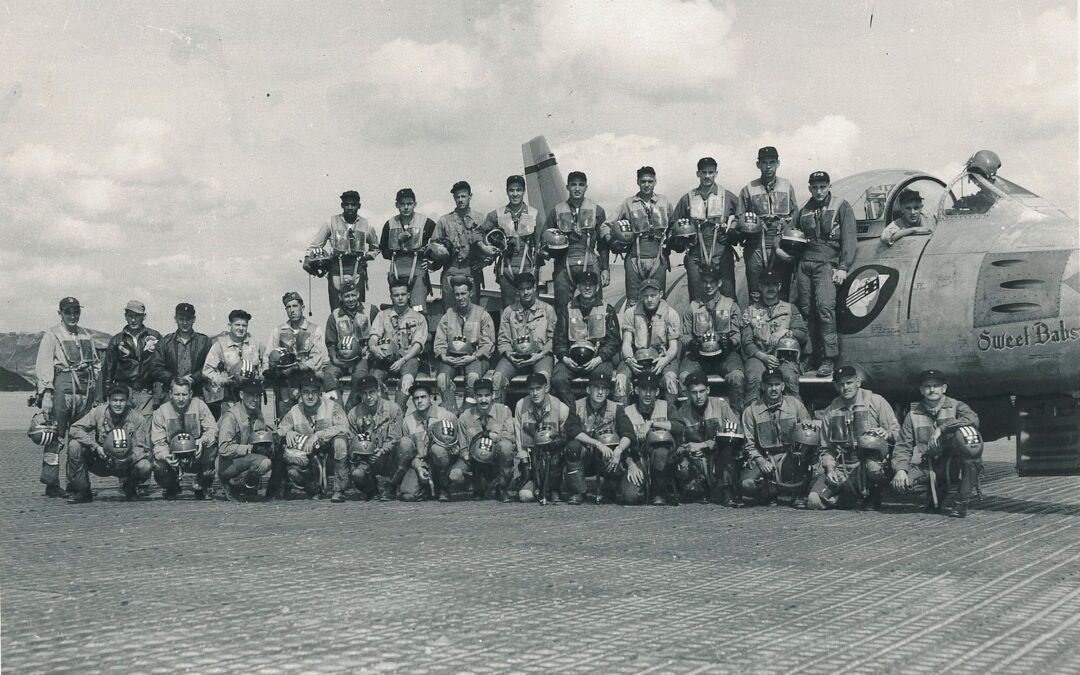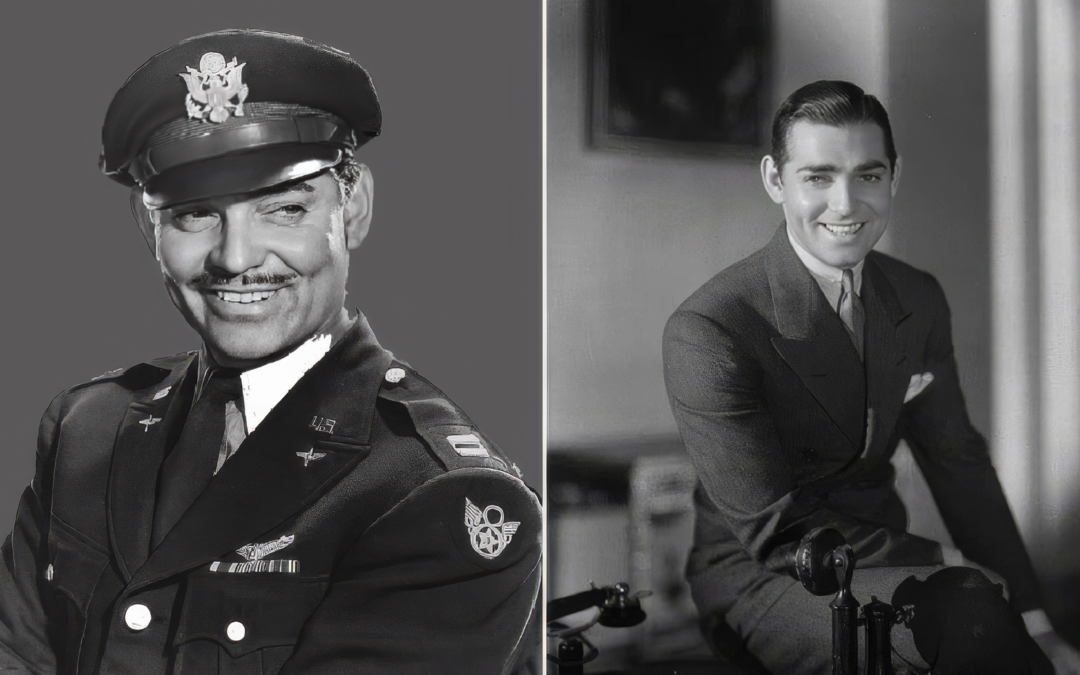Is There a Particular Incident You Can Recall Where a Person You Served with Demonstrated Extraordinary Devotion to Duty or Bravery? Please Describe What Happened and How This Impacted You:
As an advisor to Civilian Irregular Defense Group (CIDG) detachment A-344 at Bunard, Việt Nam, I witnessed unimaginable bravery and devotion to duty in the early morning darkness of 20 June 1969 from my US and CIDG comrades-in-arms. Việt Cong were overrunning our camp, intending to kill everyone, women and children included. To rescue them, I searched the spider holes where civilians hid, taking our CIDG interpreter along. As we approached the kill zone, he suggested trading places. After switching, a mortar round blew him apart.
